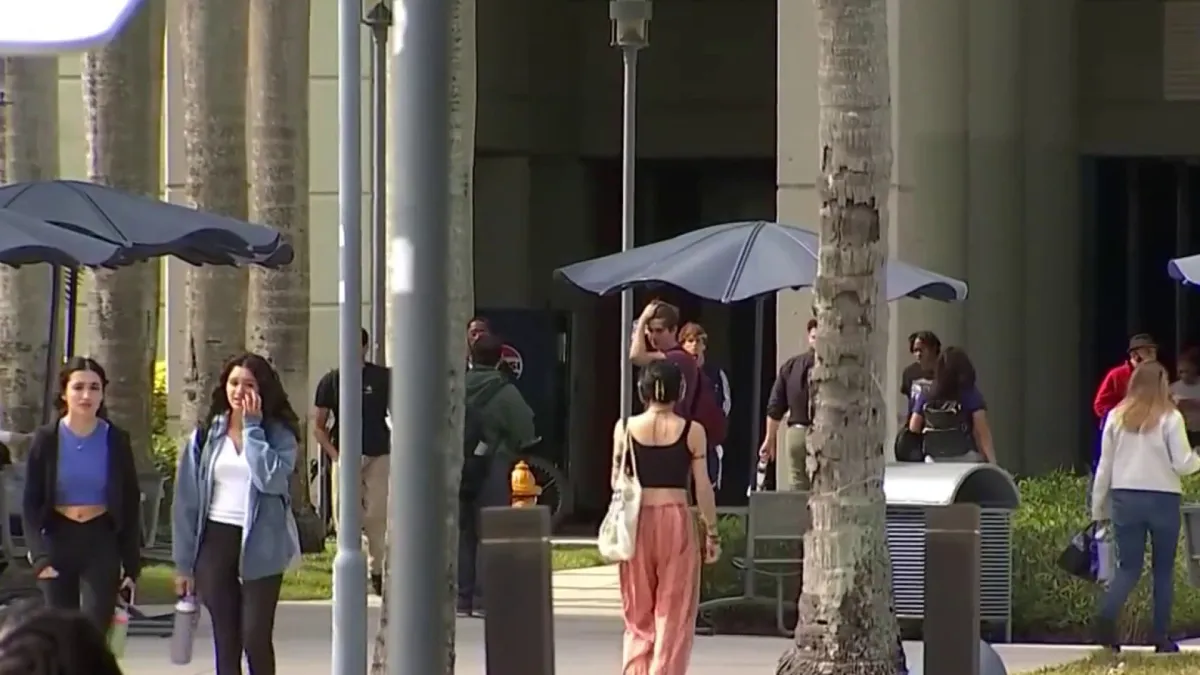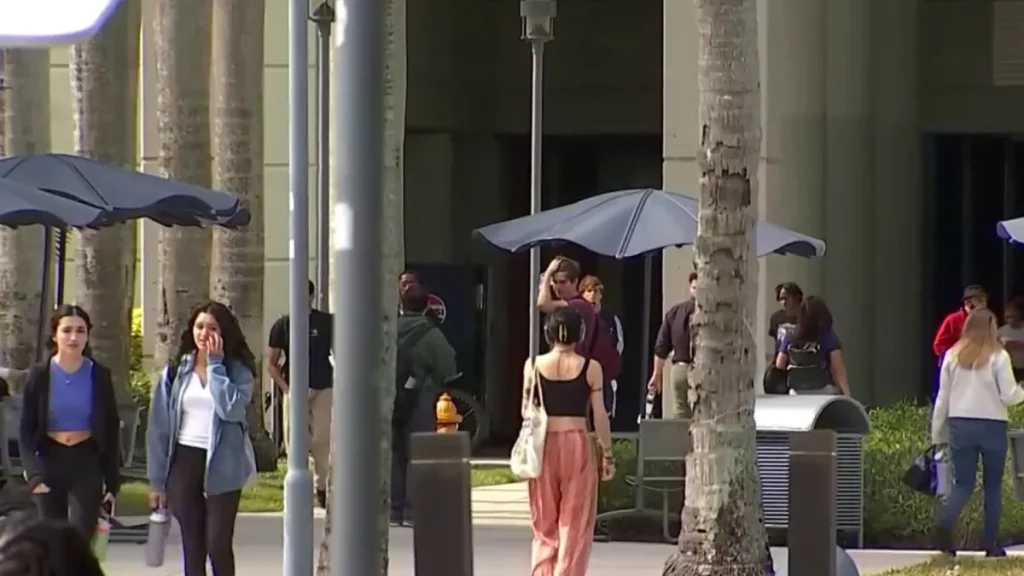When students return to Florida International University in the fall, they will have 29 fewer core courses. Those classes will still be taught, but they will not be credited toward the bachelor’s degree requirements.

All 12 of Florida’s public institutions are in the same predicament; the state’s Board of Governors has shifted classes from the core to the list of electives, with the majority being sociology, anthropology, and history.
“I think it’s an effort to appease the current political climate, but I think it’s important for students to take sociology courses,” said FIU sophomore Zulinda Diaz, who said sociology classes help students understand and adapt to the world around them.
Meeting on Thursday in Jacksonville, the board authorized curriculum revisions to conform with a 2023 state law pushed hard by Gov. Ron DeSantis.
“Our institutions are gonna be graduating students with degrees that are gonna be meaningful, we don’t want students to go through at taxpayer expense and graduate with a degree in zombie studies so this is gonna make a difference,” DeSantis said when the law was passed.
Ray Rodrigues, chancellor of the public university system, informed the Board of Governors that a Gallup study found that only 36% of Americans approved of higher education in this country.
“The number one reason was political agendas, a belief that higher education has turned into indoctrination,” Rodrigues said.
“We have never seen ourselves as indoctrinators, we are educators, we are educators who are trying to help our students get a good job, a good education, be ready for the global marketplace,” said Tania Lopez, who is an associate professor of English at FIU and the faculty union leader.
Her courses are unaffected by the changes, but she says the curricular requirements remind her of why she fled communist Cuba.
“In my experience, indoctrination never happens from the teacher to the students, indoctrination usually happens from the state to the people,” Lopez told me.
To comply with the law, the Board reclassified courses with “unproven, speculative, or exploratory” content, as well as those “based on theories that systematic racism, sexism, oppression, and privilege are inherent in the institutions of the United States,” broad categories open to interpretation.
“We can confidently say that our general education courses that students have to take to graduate will not contain indoctrinating concepts, no other public system can say that,” Rodrigues said.
Of course, the state’s definition of indoctrination is an issue here. Professor Lopez stated that with Florida’s state university ranking among the top in the nation, why fix what isn’t broken?

